How One Couple Is Engineering a Better Farm

Photo credit: Justin Kase Conder
Farmer Brandon Batten uses his two degrees in agricultural engineering to enhance his farm’s productivity through technology. Jessica Batten, an environmental engineer and Brandon’s wife, designs conservation practices that protect the farm’s soil and water.
“Everybody has told me, ‘You shouldn’t be farming with that kind of degree,’” says Brandon, who earned bachelor’s and master’s degrees in agricultural engineering from North Carolina State University. “It is maybe not a conventional farming degree, but engineering is all about solving problems and overcoming challenges, and I don’t know anything more challenging than trying to run a profitable farm in 2020.”
The Battens are engineering a better farm at Triple B Farms, Inc., owned and operated by Brandon, his father, Doug, and his uncle, Steve, in Johnston County. The farm embraces modern technology and implements conservation practices to grow flue-cured tobacco, corn, wheat, soybeans, hay, beef cattle and industrial hemp.
See more: Table to Farm: How Carolina Compost Is Turning Food Waste Into Chemical-Free Compost
“I want to be able to offer my kids a chance to farm just like I had the chance,” says Brandon, father to 4-year-old son Camden and 1-year-old twin daughters Adley and Hayden. “That encompasses a lot of different things. No. 1, you have to have profitability to be sustainable, and No. 2, we have to take care of our land. Ultimately, that is the medium we use to make our living. If I’m not doing what I can to build my soil health and stop erosion and make sure my water is high quality for our crops and livestock, then I’m not doing my part to make sure they have that same chance that I had.”

Photo credit: Justin Kase Conder
Technology Takes Farm to the Next Level
Brandon uses his engineering background to give old equipment new abilities on the farm. Fabricated adapters and custom hitches help old tractors handle a minimum-tillage tool that transitions the farm into no-till, a conservation practice of not turning the soil. Likewise, he retrofitted a fertilizer applicator to make it compatible with GPS technology and sensors that allow fertilizer application based on site-specific need in a field. This improves the farm’s profitability and environmental stewardship.
“We use all the technology that we can talk my dad and uncle into and all we can afford,” says Brandon, current chairman of the North Carolina Farm Bureau Young Farmers & Ranchers Committee, of which Jessica also is a member.
See more: Pig Farmers are Stewards of Sustainability
The farm’s tractor guidance systems use signals with sub-inch accuracy for field applications, much more precise than car navigation systems. Swath control on the sprayer uses GPS to prevent overlap of product automatically. Brandon also pilots a drone to monitor crop health, such as identifying irrigation needs and the impact of fertilizer overapplication. In fact, imagery data now guides some management decisions on their farm.
“After just one season, I saw the potential it could have and I started a side business, Flying Farmer LLC,” Brandon says. “Mainly, I offer crop imagery and analysis from a farmer’s perspective.”

Photo credit: Justin Kase Conder
Engineering Conservation on the Farm
The Johnston County Farm Bureau family takes conservation seriously, determined to protect the land and water resources that have provided a living for six generations. In recognition of their farm’s success, the family has received “farmer of the year” awards at the state and national levels.
“I was always interested in the environmental aspect of things, so an environmental emphasis in agricultural engineering is the route I took,” says Jessica, who continually watches for improved practices that the family could apply on their own farm. “It meshed well together with the farm.”
Jessica has helped the farm control water movement through waterways, filter strips and structures such as drop boxes. The practices slow the rate of water flow and filter nutrients to ensure clean water enters the stream.
“Our family enjoys the farm lifestyle,” Brandon says. “We like being able to go to the pond to swim, fish and ride the boat occasionally in the summertime and not be concerned about what is in the water.”
See more: How a Fifth-Generation Dairy Farmer Embraced the Local Food Movement

Photo credit: Justin Kase Conder
To help attain that ideal, the farm’s soils constantly grow something year round, whether an in-season cash crop or a cover crop between seasons. Those cover crops ensure the soil stays active year round, reducing soil erosion, controlling weeds and holding nutrients for the cash crop.
The family talks about conservation practices like these in their quarterly newsletter to key farm partners, including landowners and bankers. Brandon also posts farm facts to Facebook on Fridays, generating as many as 15,000 hits from his farmhouse in Four Oaks, population 1,900.
“I think it’s very important as young farmers to tell what we are facing,” Brandon says. “My generation is very interested in food and where food comes from, and it’s so easy to get information that may not be true. I do my part to tell my story and tell the farmer’s perspective.”
– Joanie Stiers



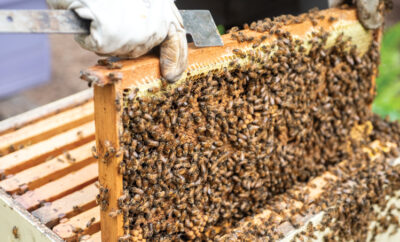

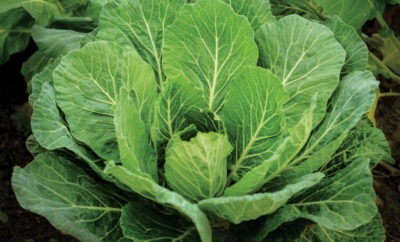
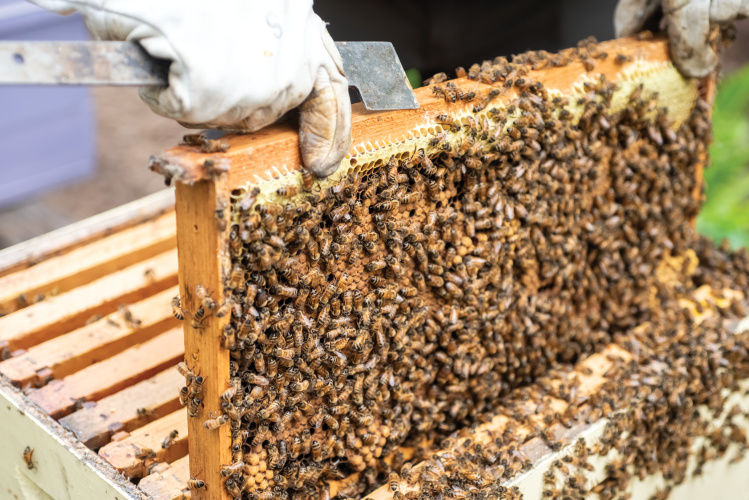
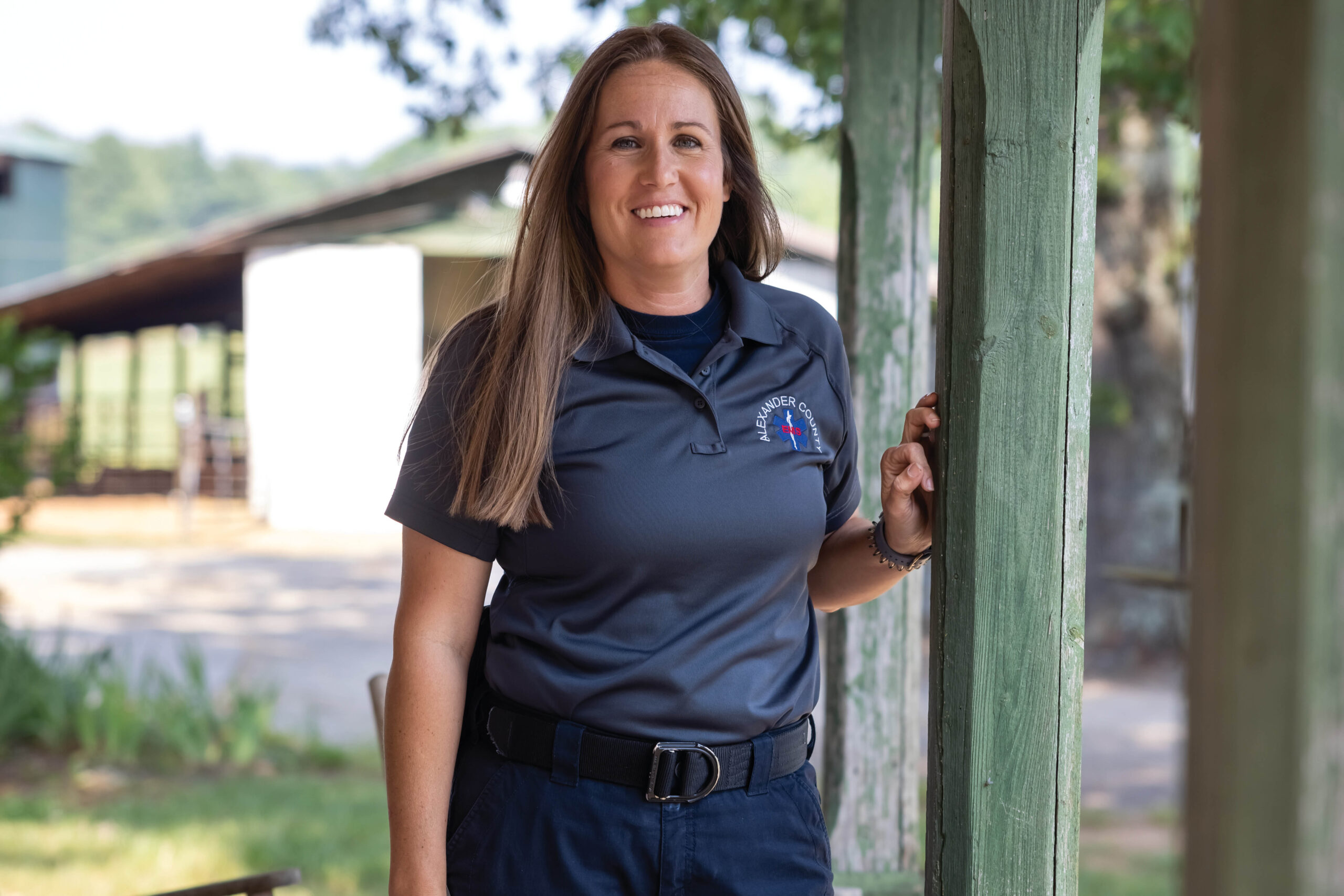
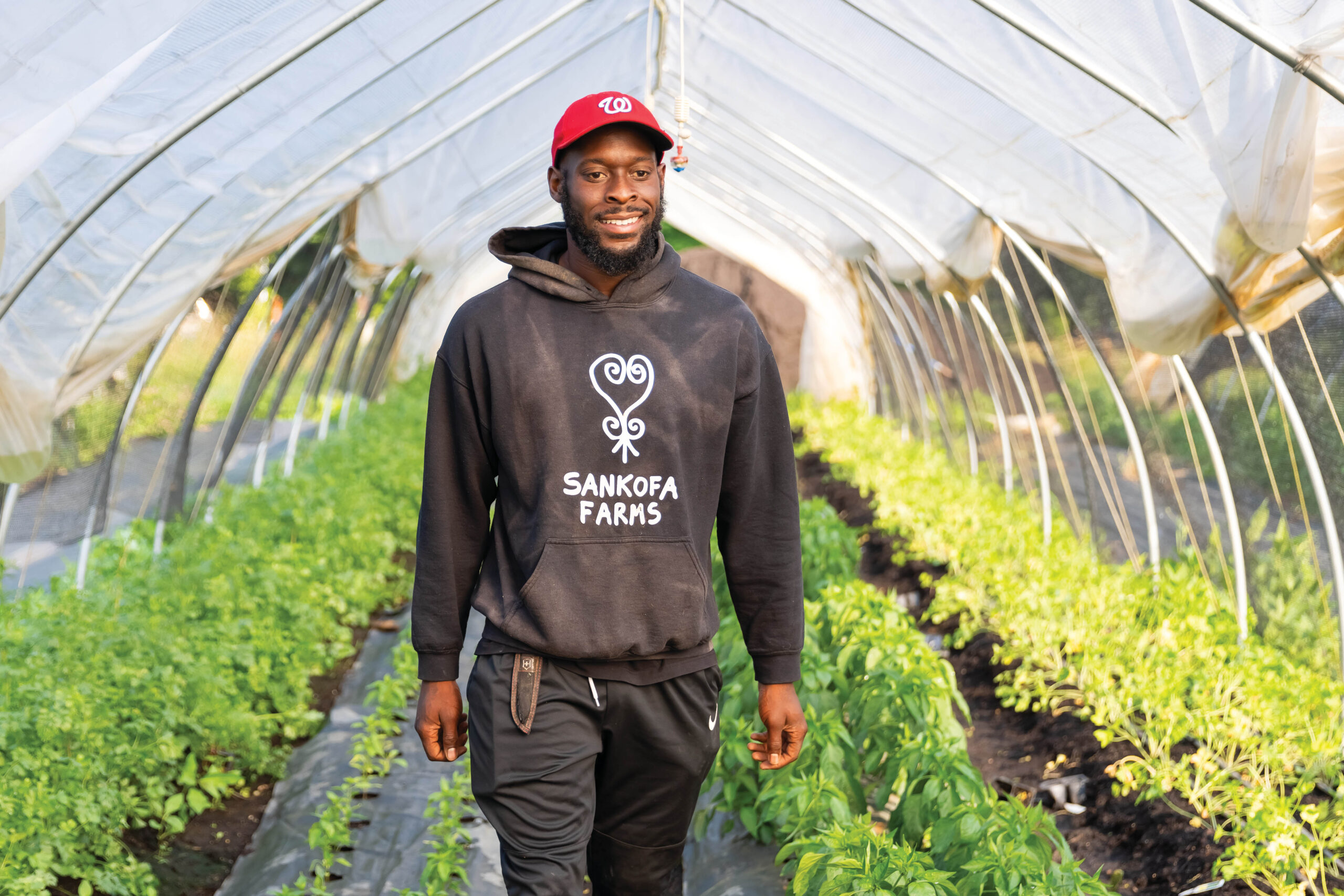
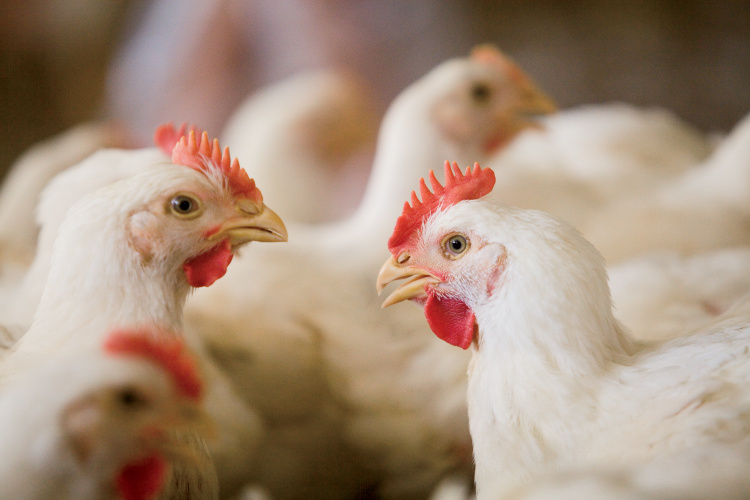

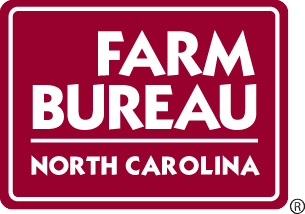
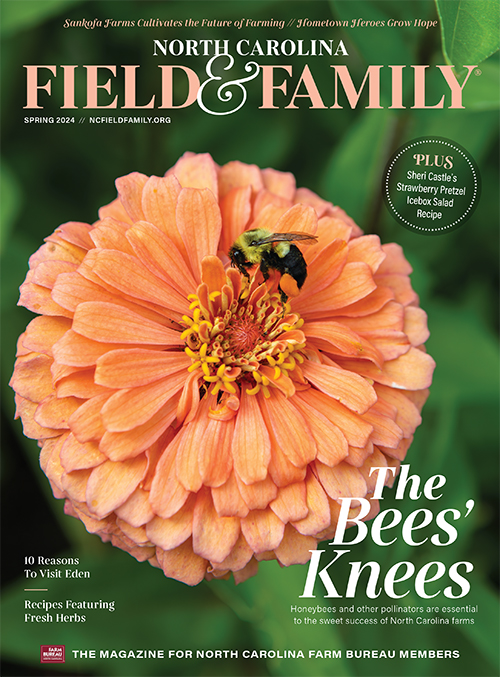 North Carolina Field and Family magazine highlights farms and foods, events and attractions, and interesting people and places throughout the state.
North Carolina Field and Family magazine highlights farms and foods, events and attractions, and interesting people and places throughout the state.
Leave a Comment